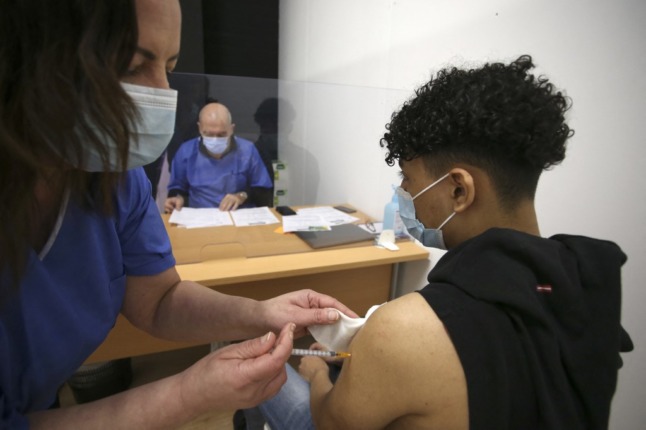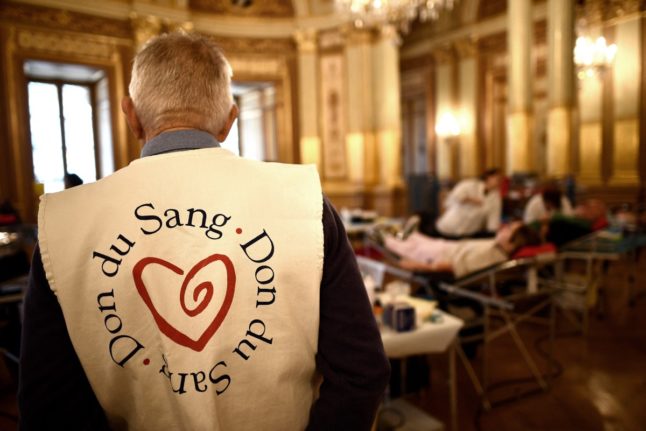During a visit to the village of Saint-Cirq-Lapopie in southern France, Macron also noted that 50 percent of French adults have now received at least one Covid vaccine jab, calling it “truly a turning point” in the country’s inoculation drive.
France is still behind countries like the UK, USA and Israel, but half of all adults getting at least one vaccine dose in a country where in January 60% were telling pollsters they wouldn't be vaccinated is worth celebrating 🎉 https://t.co/gWhTEIigNE
— Emma Pearson (@LocalFR_Emma) June 2, 2021
Vaccines were opened up to all over 18s on May 31st, several weeks ahead of schedule.
With the country just beginning to bounce back from a severe third wave of infections, Macron’s government is keen to quickly expand the vaccine coverage to slow the spread of variants that could spell fresh disaster.
The European Medicines Agency last week approved the Pfizer vaccine – which makes up the vast majority of France’s vaccine programme – for children aged 12-16. It was already approved for over 16s.
The decision to vaccinate teens comes as several countries debate whether doses should be reserved first for adults who are more vulnerable to the virus, or start inoculating youths in a bid to protect more of the population sooner.
But Macron urged people to remain “extremely careful and vigilant,” and said wearing face masks outdoors would still be required in several regions for the time being.
IN NUMBERS Is the Covid situation in France really under control?
The 43-year-old president, who himself contracted Covid last December, announced on Monday that he and his wife had also received the jab.
The country is emerging from its third nationwide lockdown, with restaurants and cafés now allowed to serve clients outside, and indoor dining scheduled to start June 9th.
Pressure on hospitals has eased, with the number of Covid patients in intensive care falling steadily in recent weeks, with 2,825 serious cases as of Tuesday, down from around 6,000 in April.



 Please whitelist us to continue reading.
Please whitelist us to continue reading.
Member comments